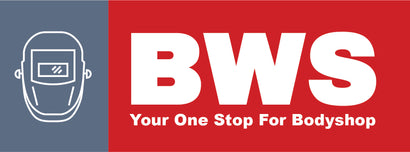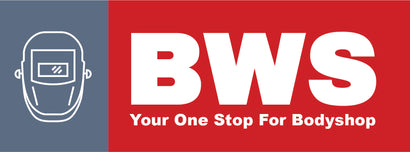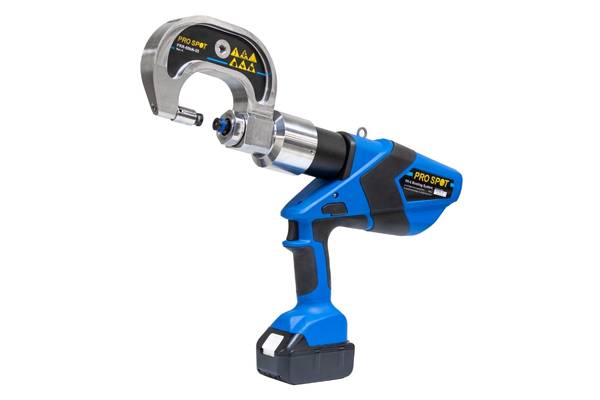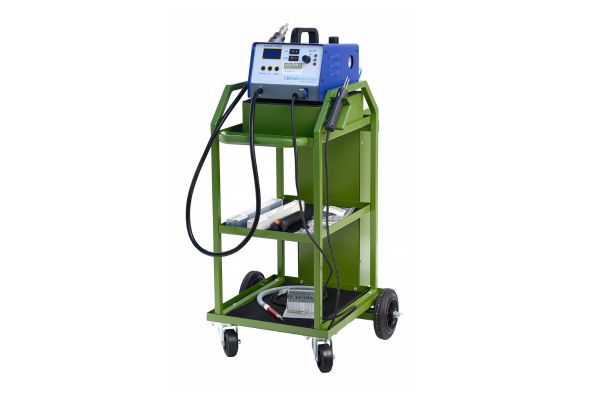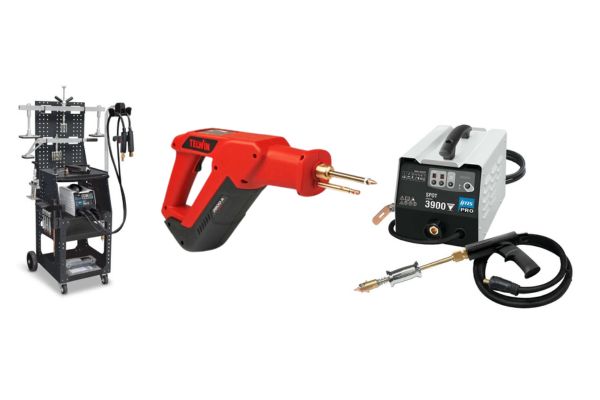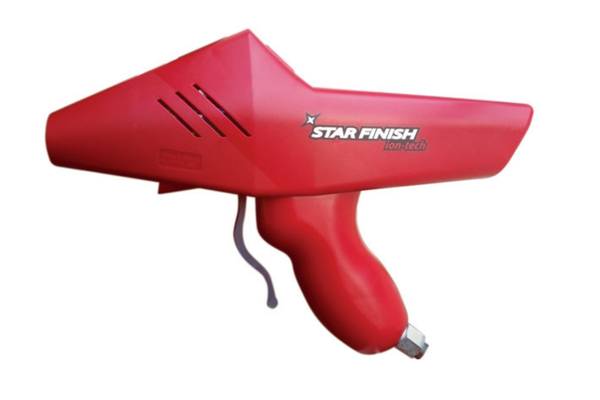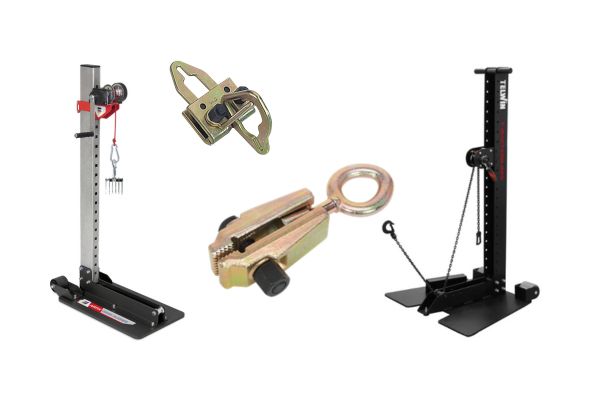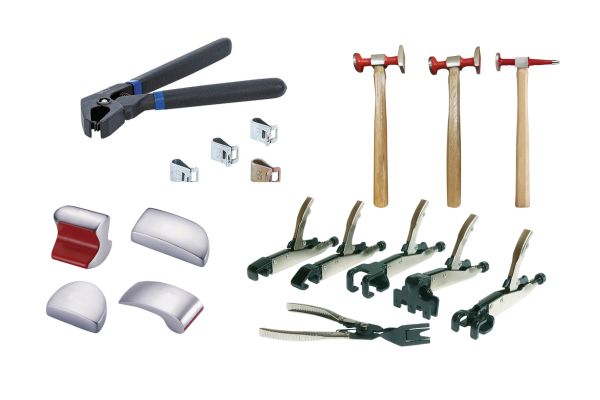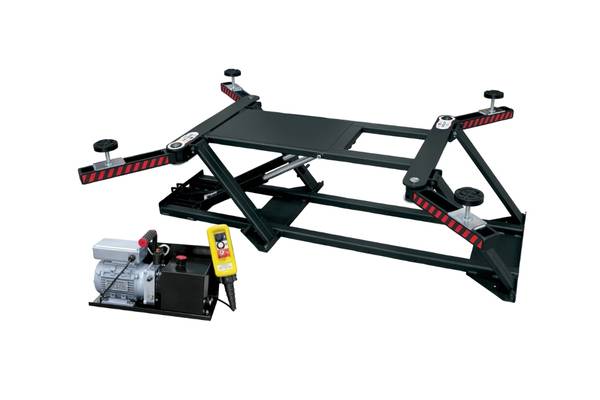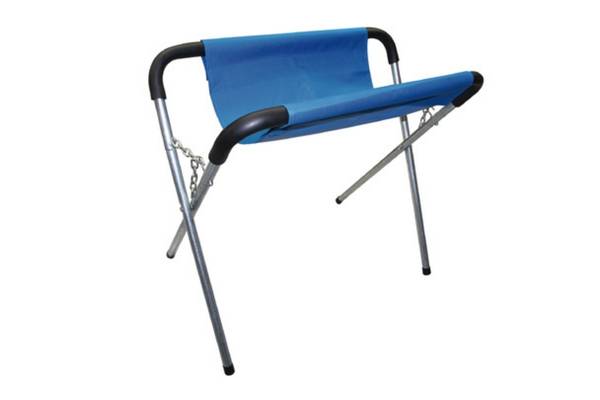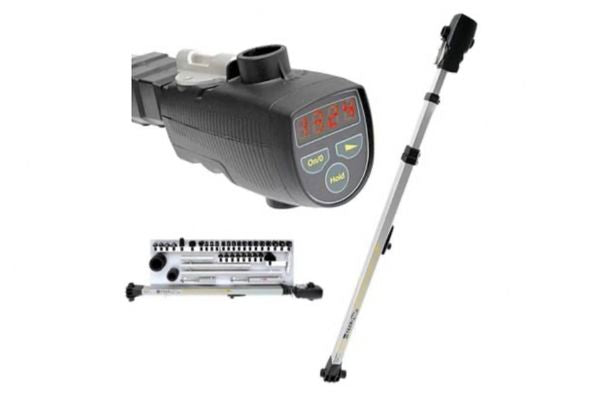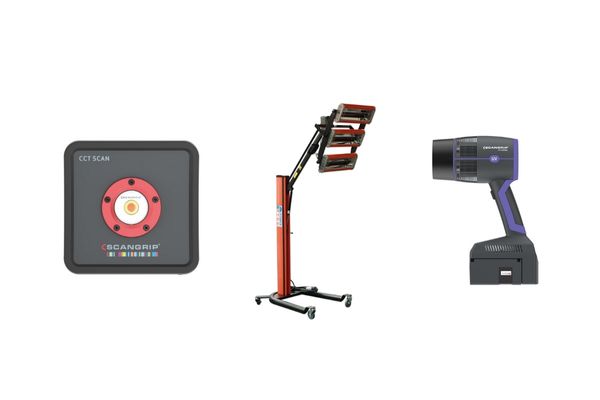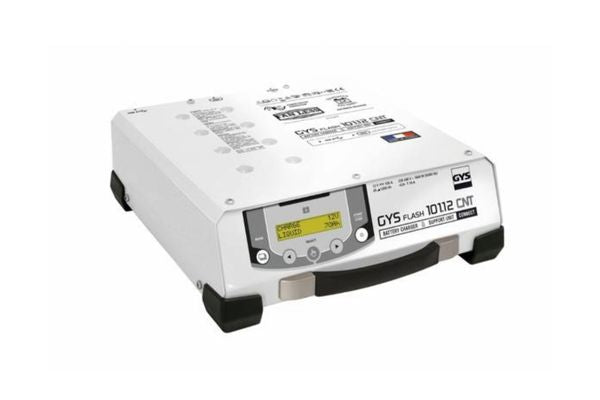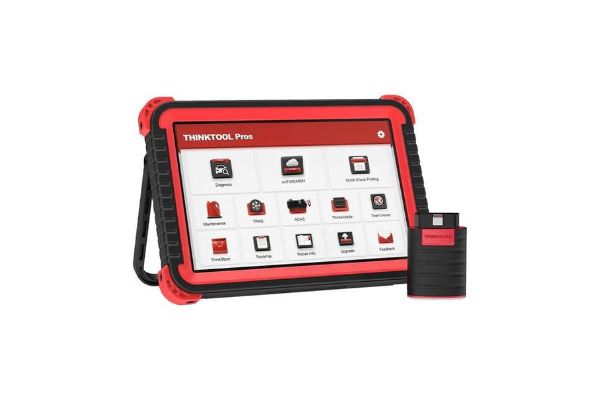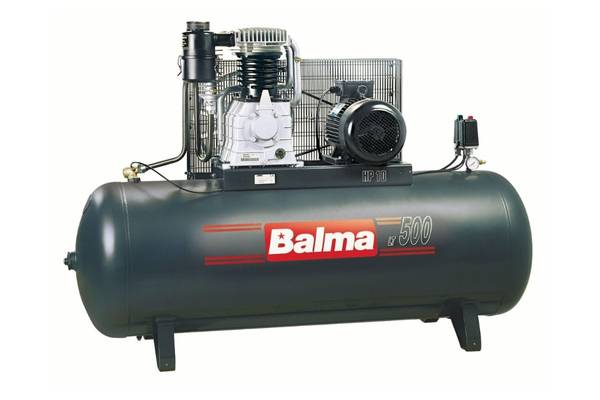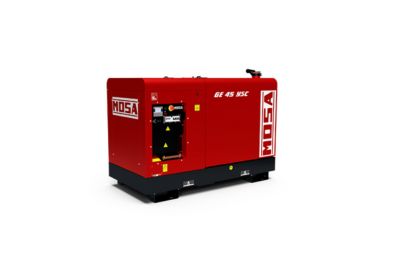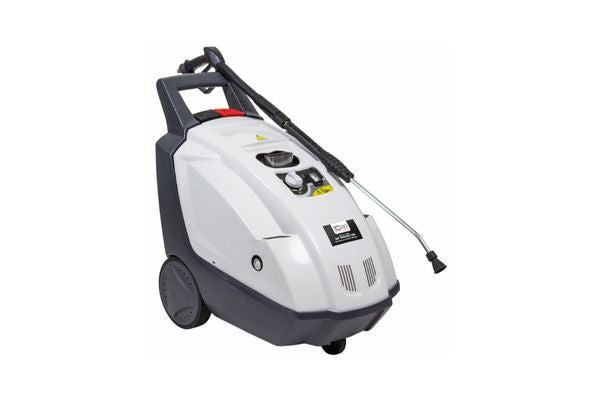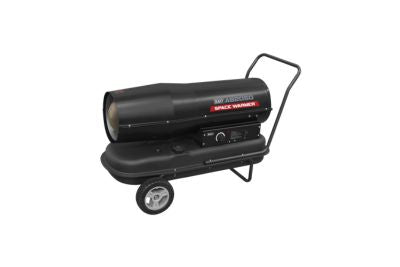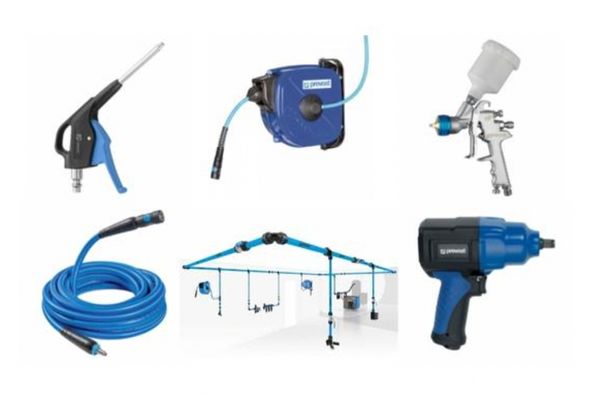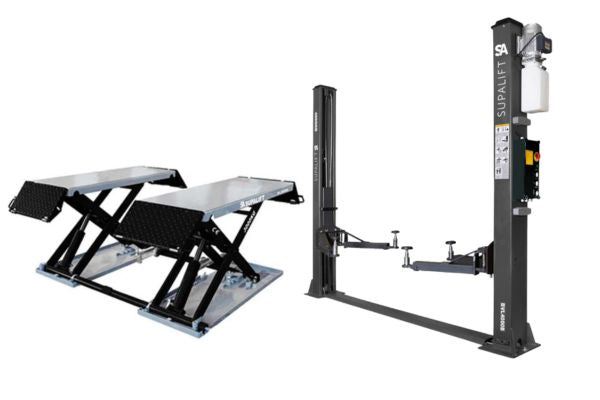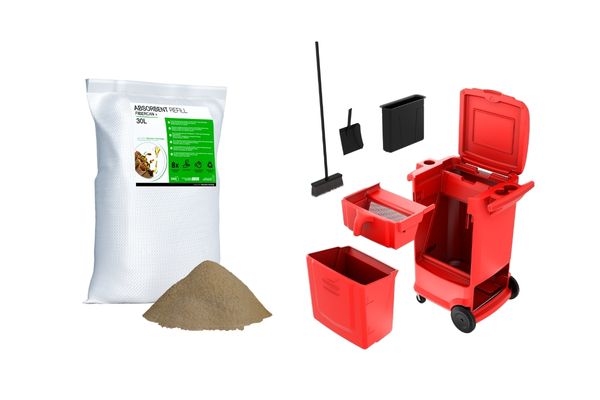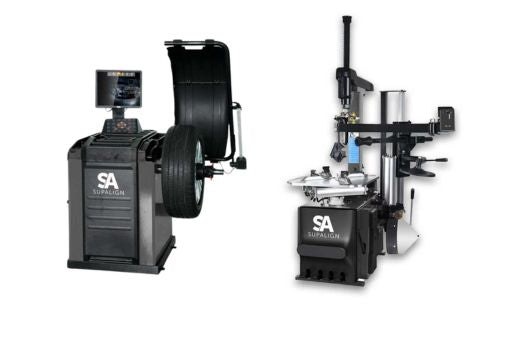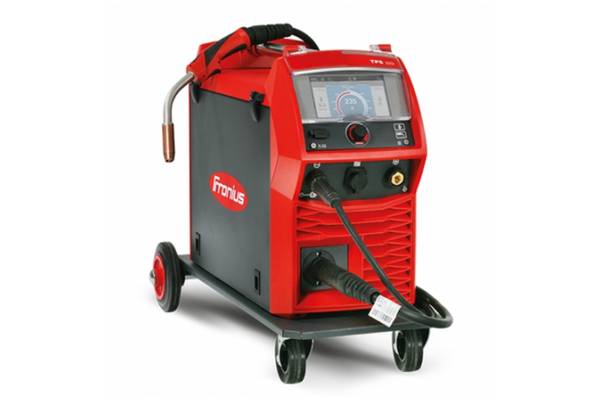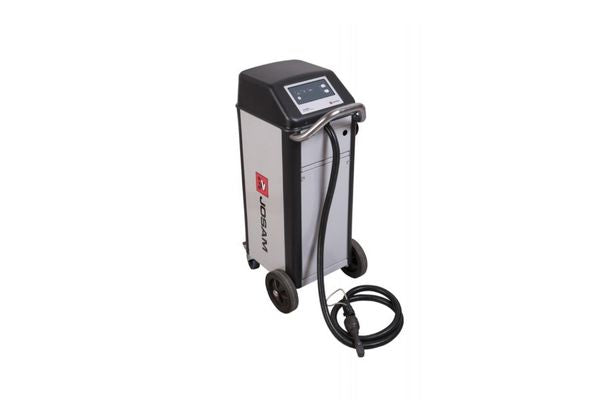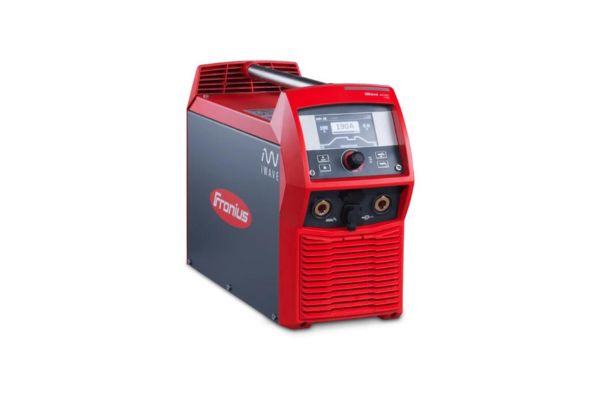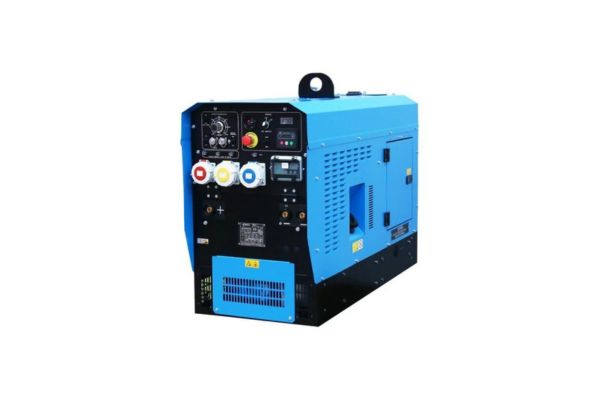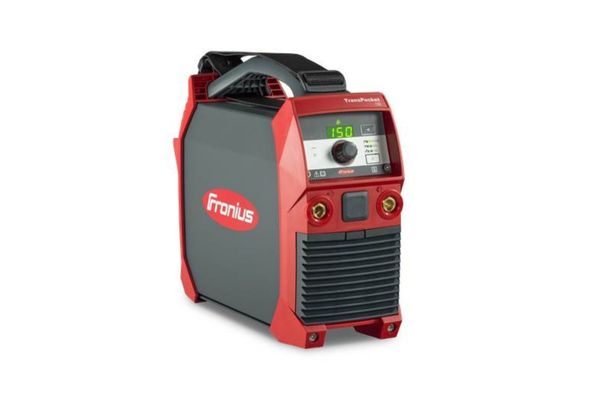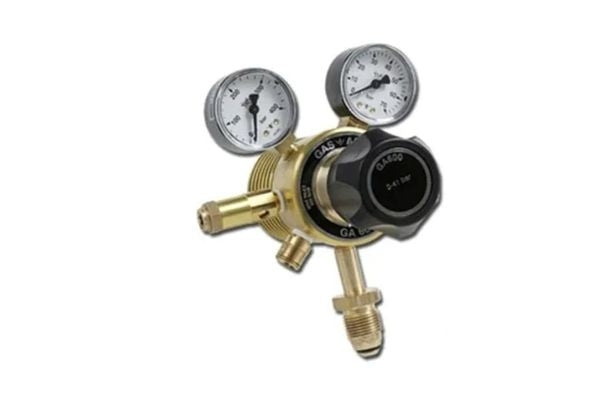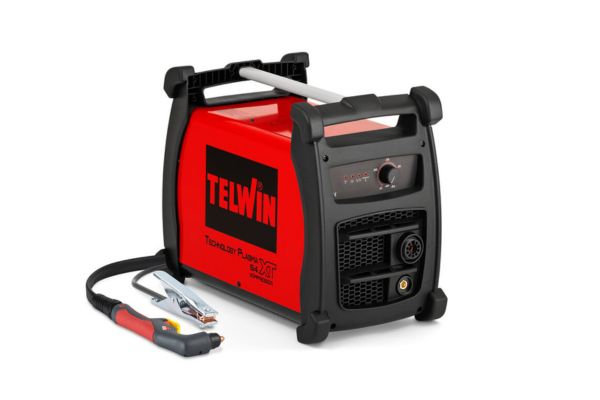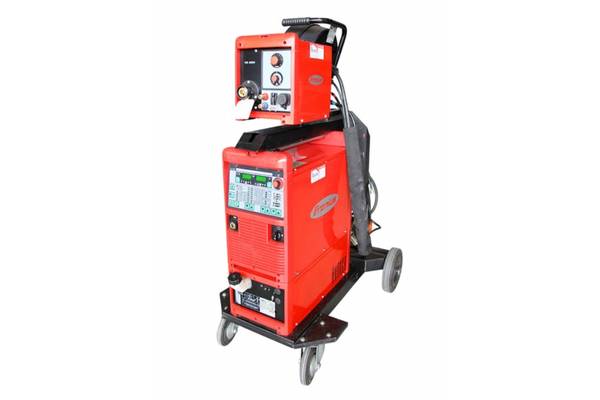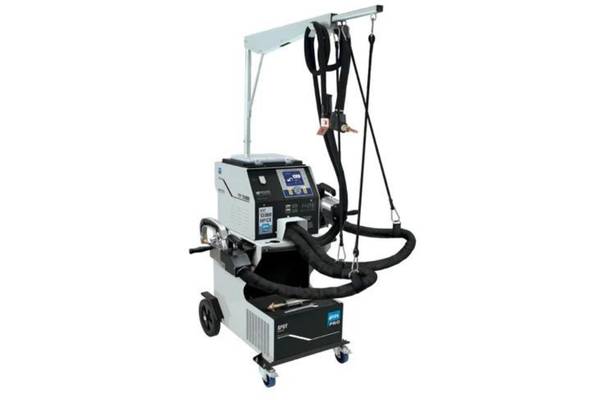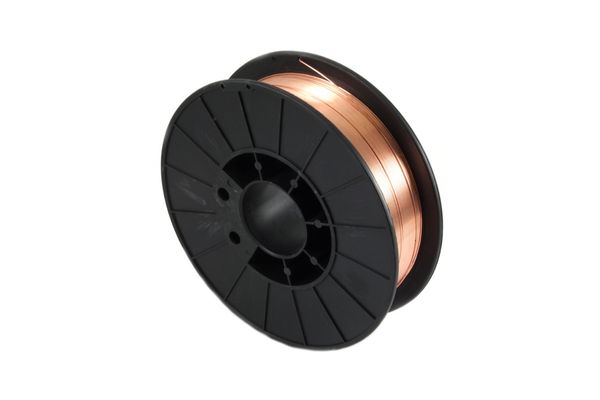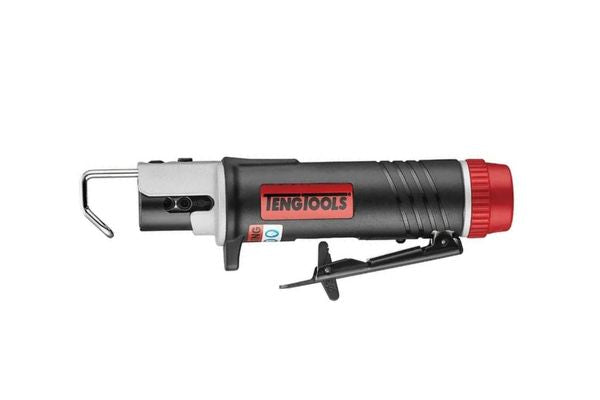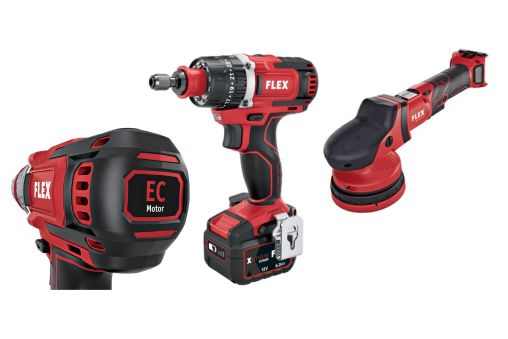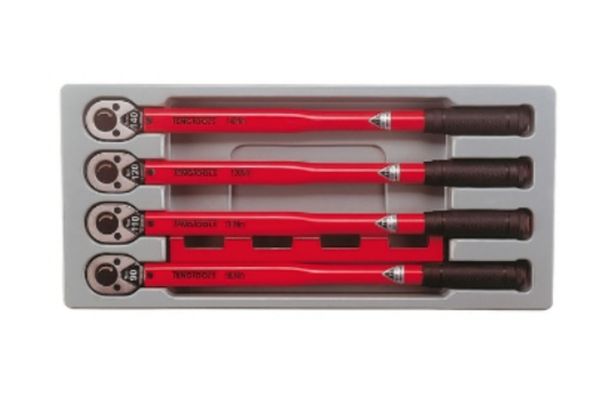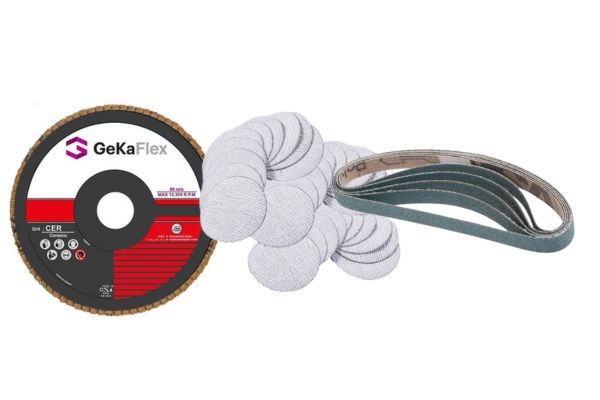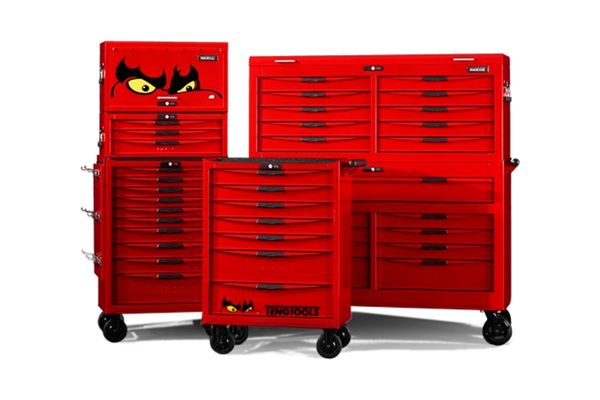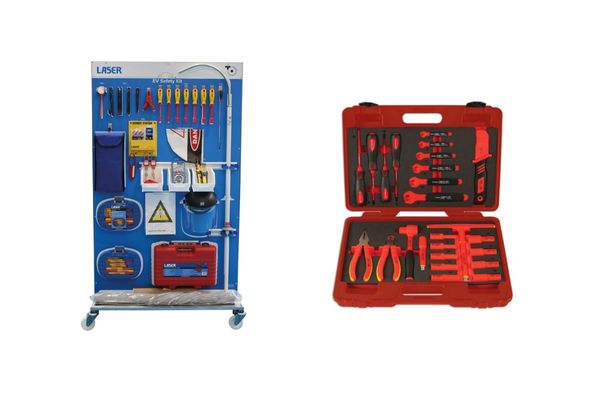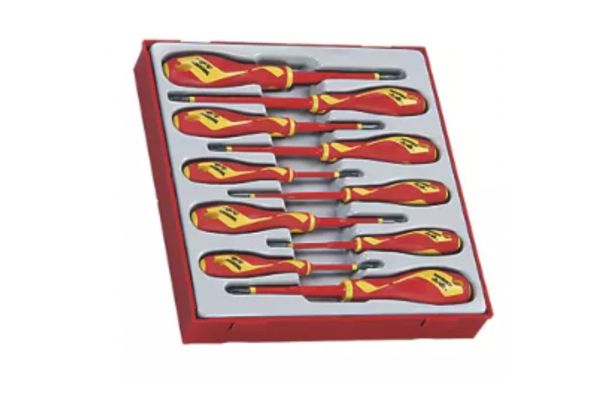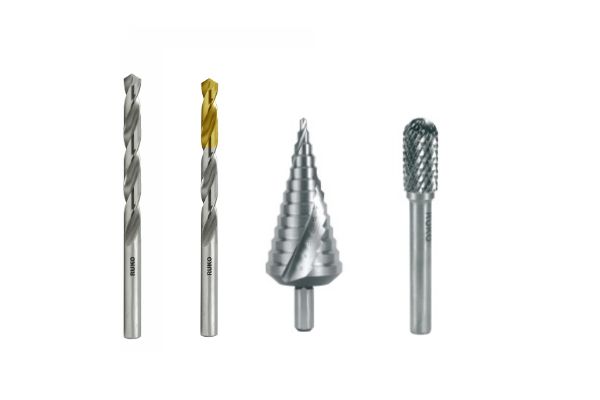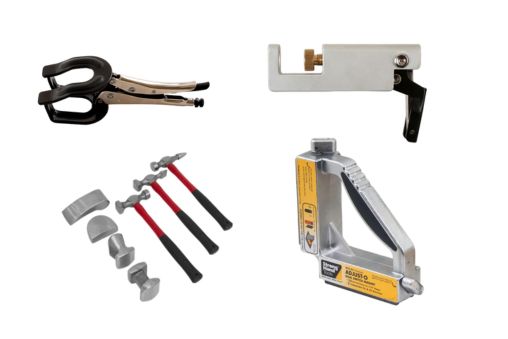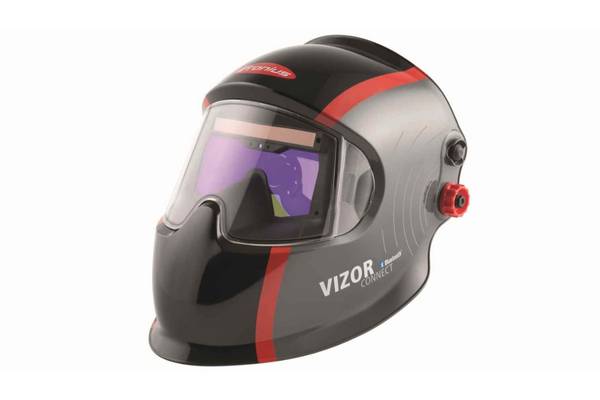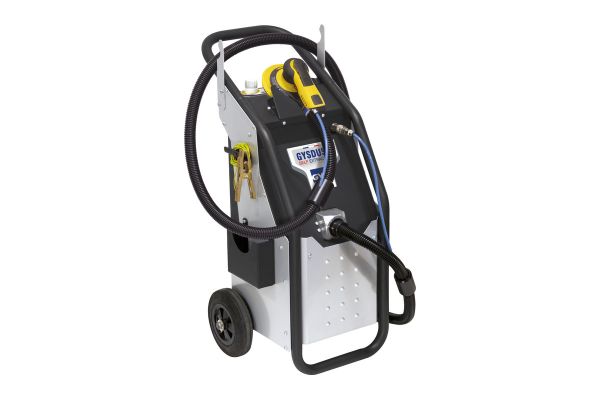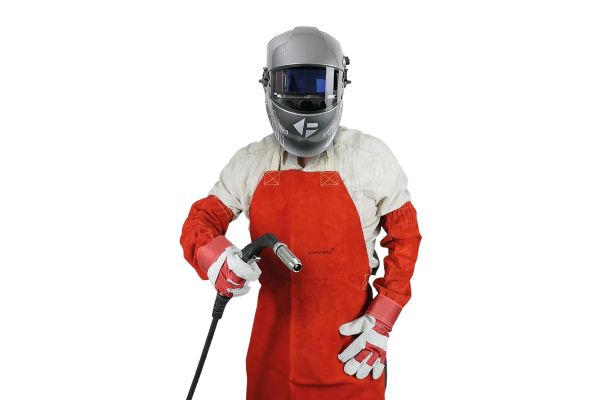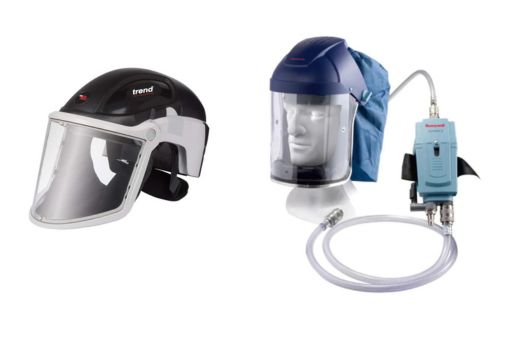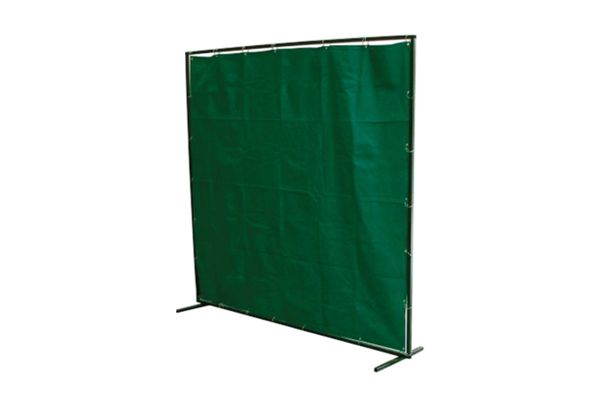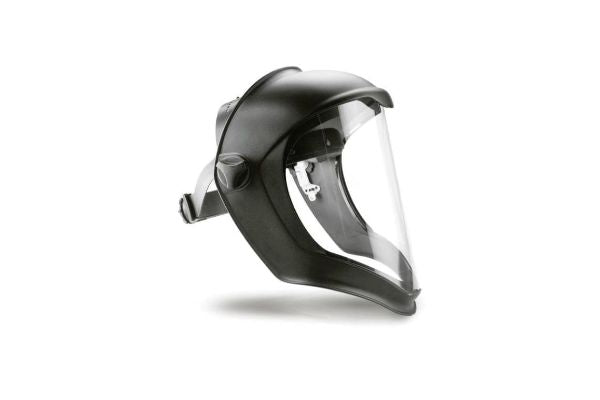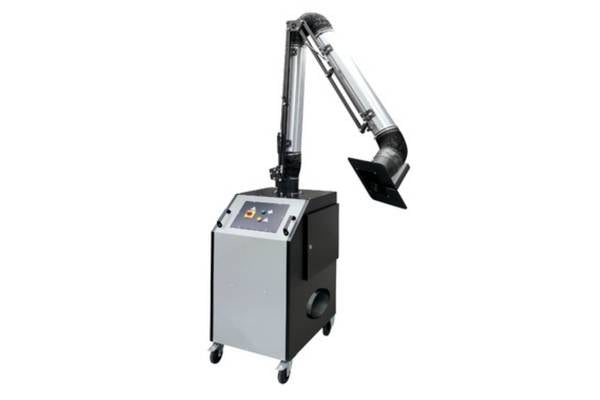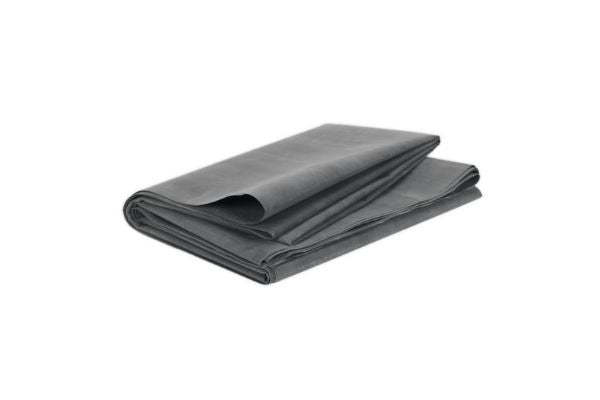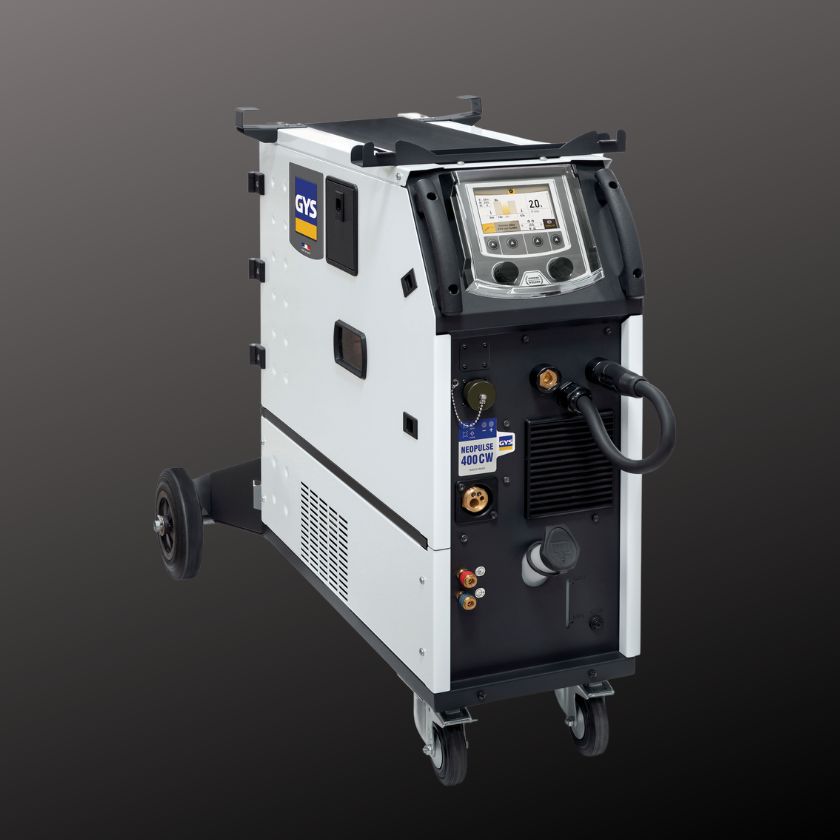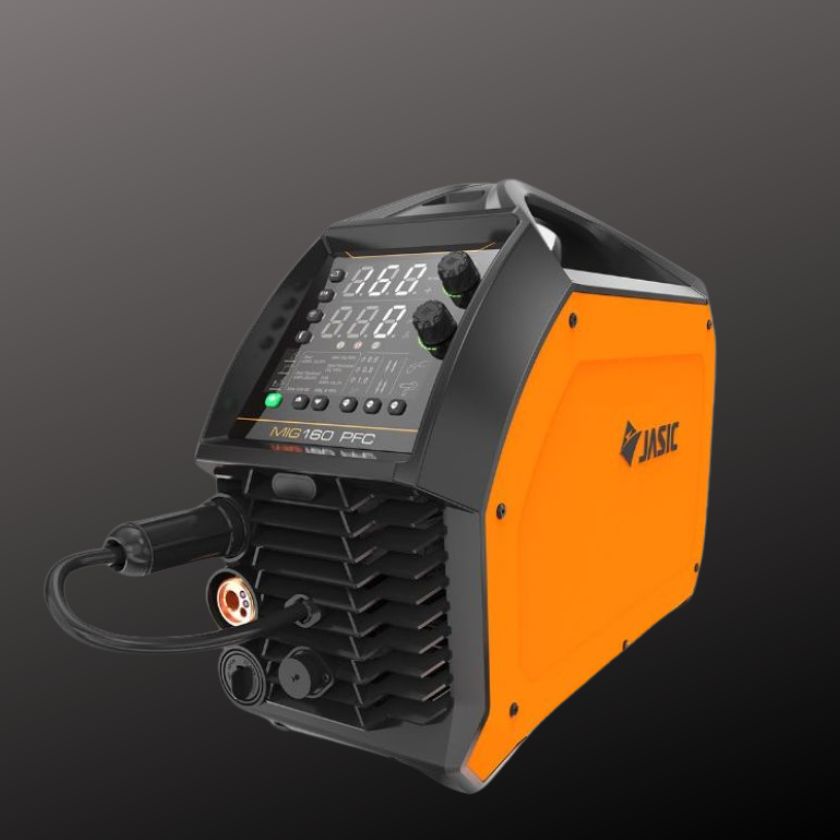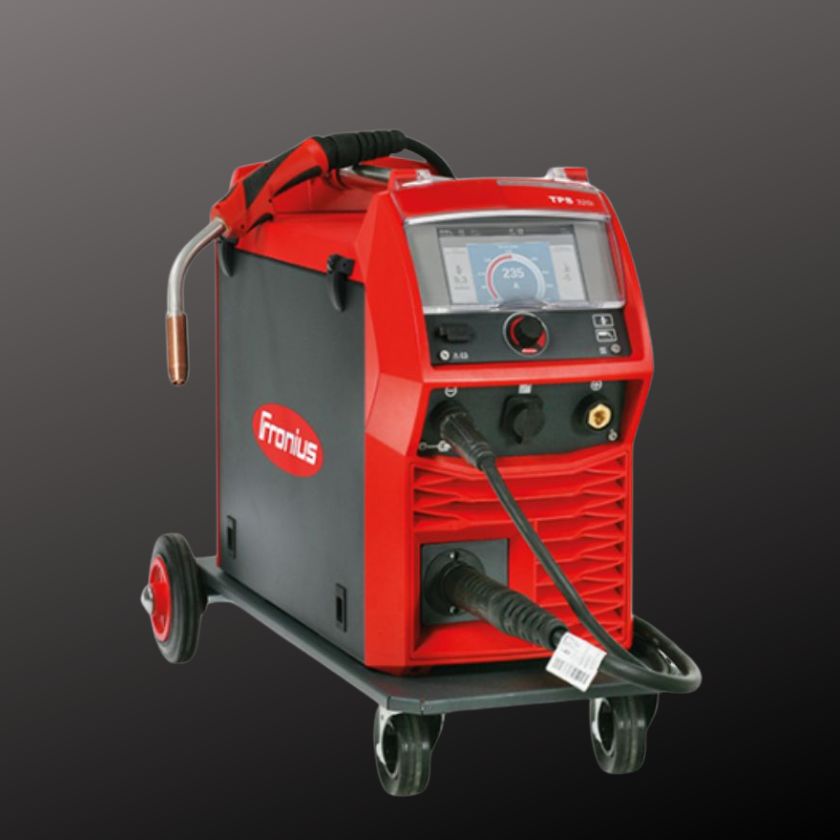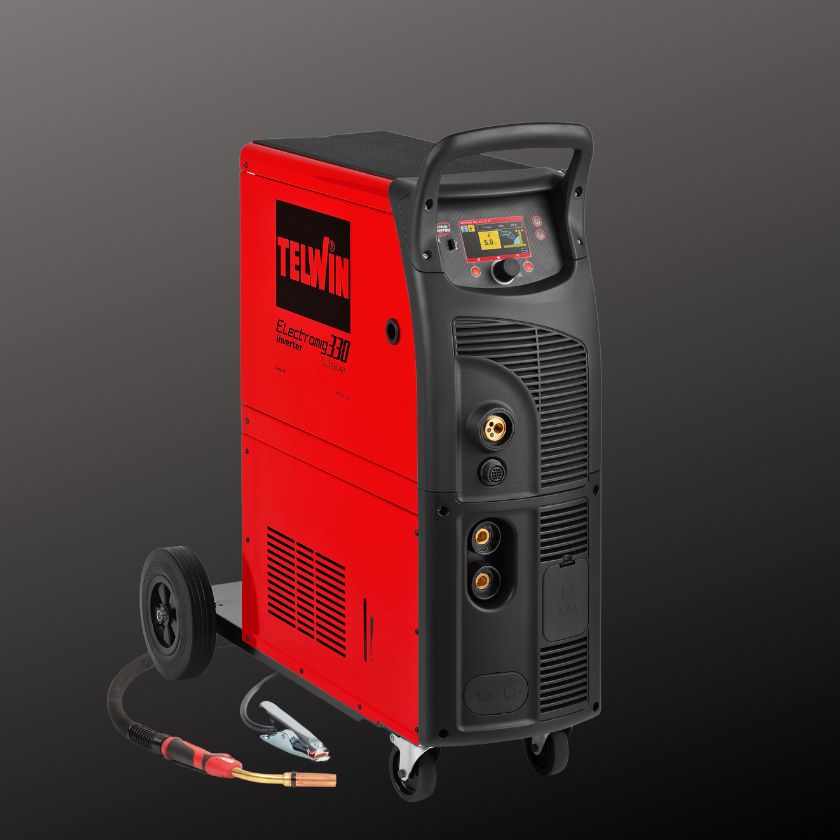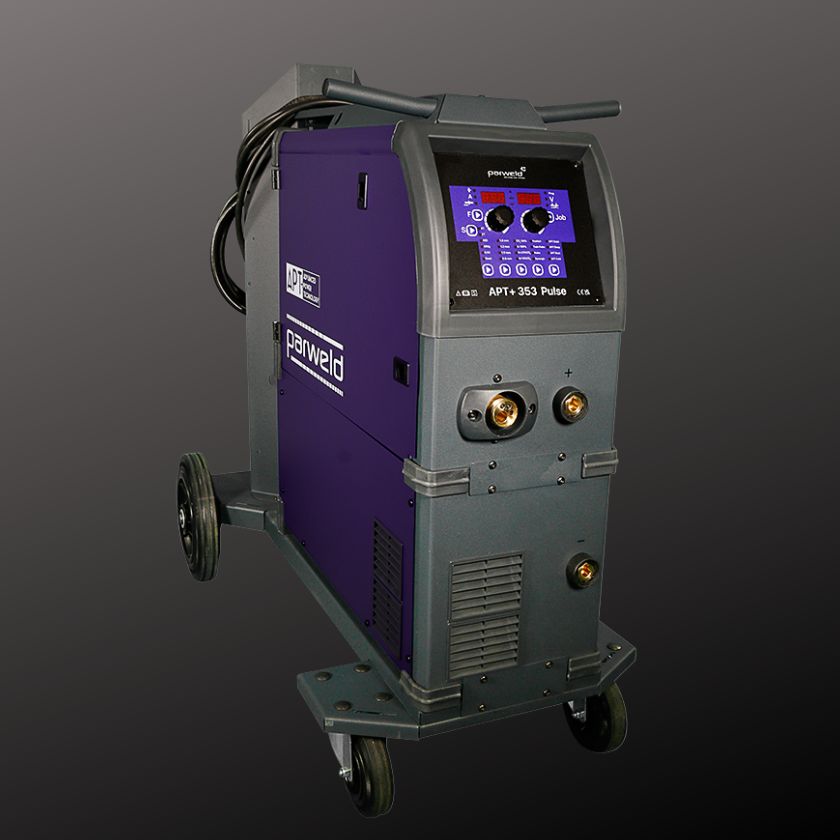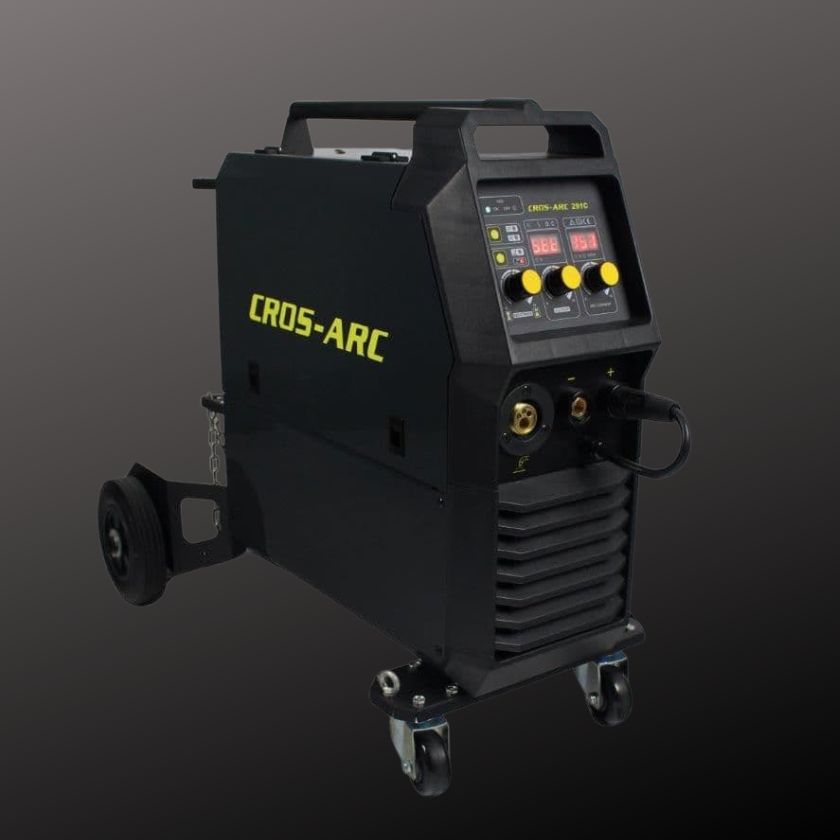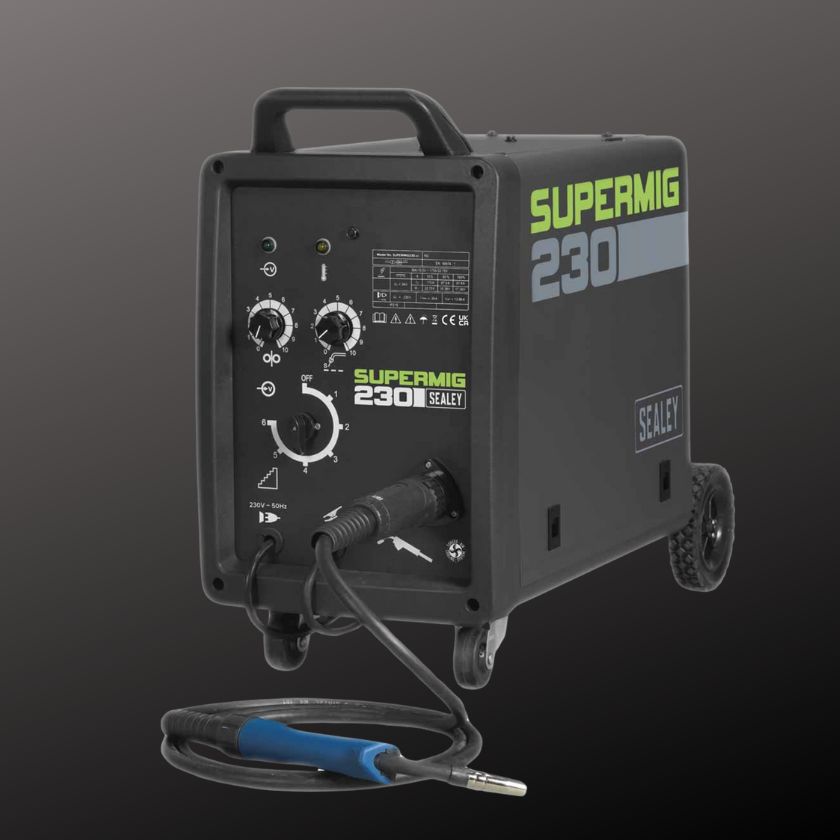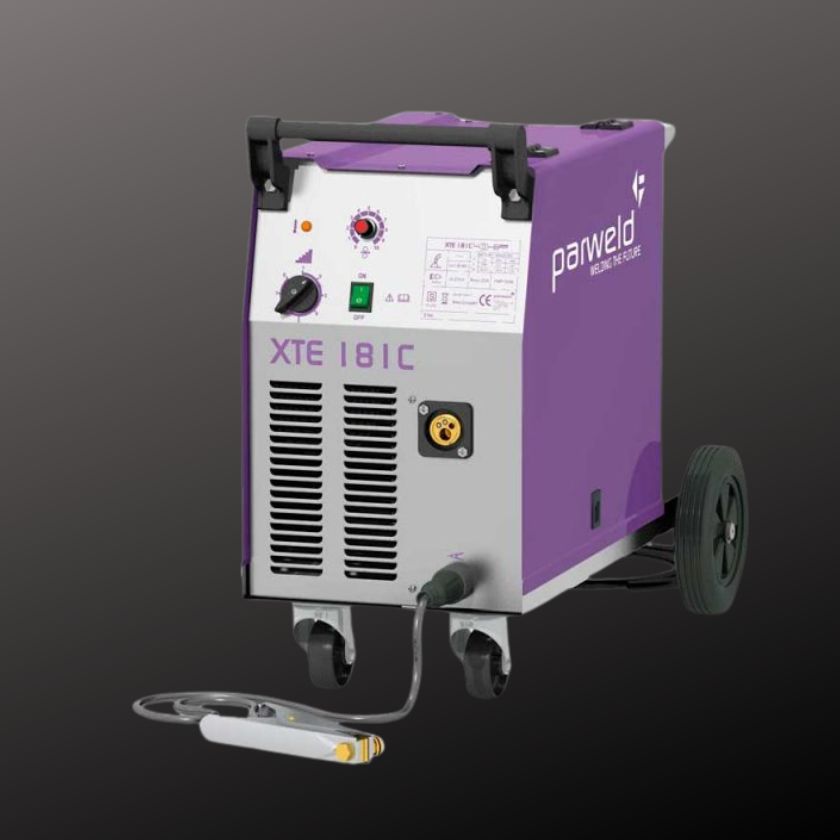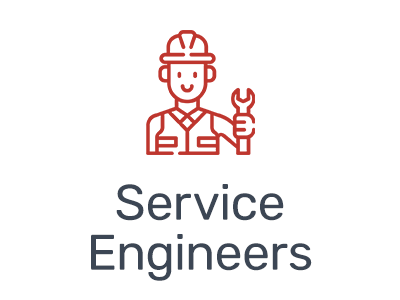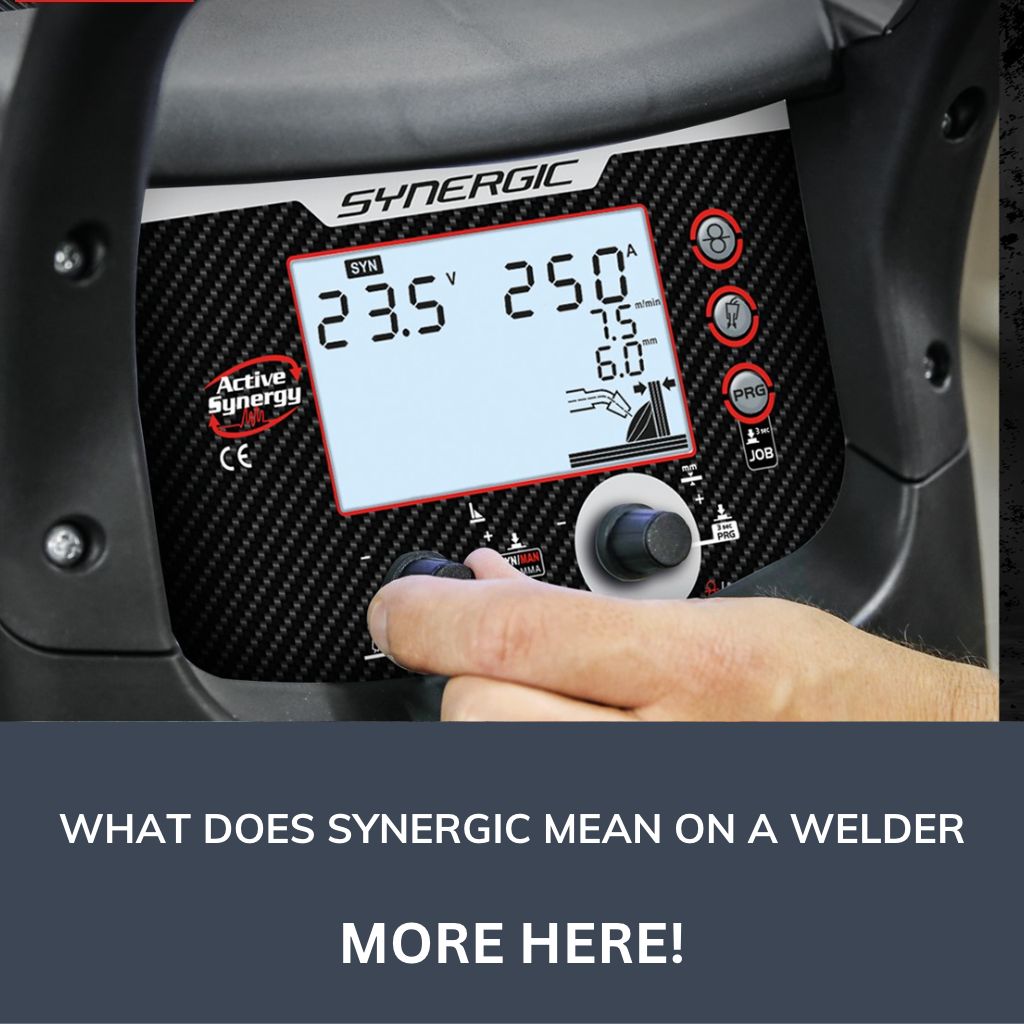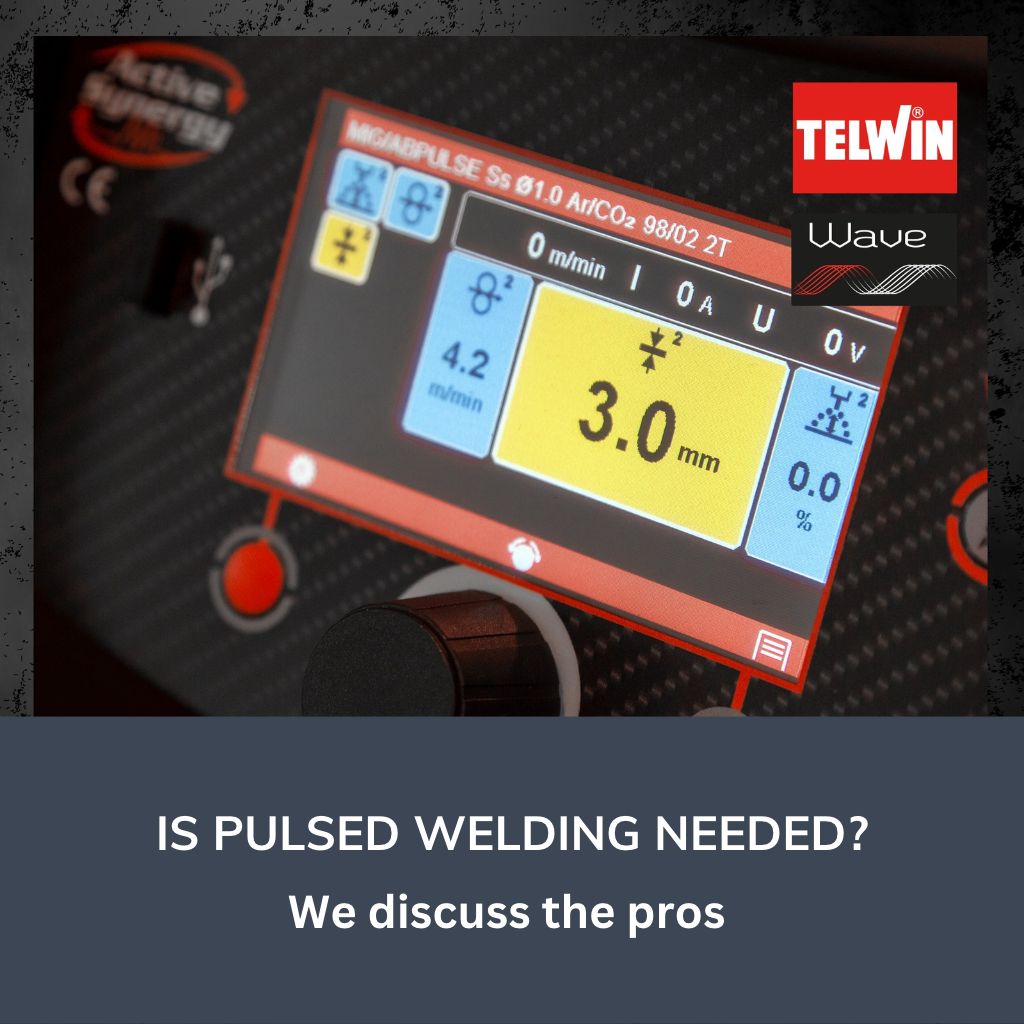NEW Glue Pulling Systems- In Stock!
NEW Glue Pulling Systems- In Stock!
BODYSHOP
WORKSHOP
WELDING
TOOLS
SAFETY
MIG WELDERS
MIG WELDERS
As a MIG welding expert, I often encounter new welders who are eager to get started but unsure about choosing the right equipment. Here are some common questions beginners ask, along with comprehensive answers to guide them in selecting the perfect MIG welder.
What factors should I consider when buying my first MIG welder?
When purchasing your first MIG welder, consider the following key factors:
Material thickness
Determine the thickness of the materials you'll be welding most frequently. This will help you choose a welder with appropriate amperage output.
For welding cars then 160A to 180A is optimal, for fabrication look at 200 - 300 amps power output
Power requirements
Ensure your electricity supply can support the welder. Home workshops generally use 230V/13 amps power outlets and most 160-180 MIG welders will run on this. Meanwhile, 200A welders while some larger units require 230V/16A-32A.
Remember though the larger MIG welder may be able to run and weld on the 13 A supply it's just that you won't be able to obtain the maximum output from the machine.
| Steel Thickness (mm) | Welding Current Range (Amperes) |
|---|---|
| 1 | 30-40 |
| 2 | 40-50 |
| 3 | 50-60 |
| 4 | 60-70 |
| 5 | 70-80 |
| 6 | 80-90 |
| 7 | 90-100 |
| 8 | 100-110 |
| 9 | 110-120 |
| 10 | 120-130 |
| 11 | 130-140 |
| 12 | 140-150 |
Duty cycle
This indicates how long the welder can operate continuously before needing to cool down. Higher duty cycles are better for longer welding sessions. Check out our post
Portability
If you need to move the welder around, consider its weight and size and how good its bottle carriage is
Budget
Determine how much you're willing to invest, considering that quality often correlates with price.
Future needs
Consider potential future projects to ensure your welder can grow with your skills.
What amperage do I need?
The amperage required depends on the thickness of the material you're welding:
- For thin materials up to 30-160 amps
- For medium thickness up to 6mm 160-200 amps
- For thick materials 6- 10mm 200-250 amps
As a general rule, you need about 1 amp per 0.0254 millimetres (mm) of metal thickness.
Should I choose a gas-shielded or gasless (flux-cored) MIG welder?
Both options have their advantages:
Gas-shielded MIG welding
- Produces cleaner welds with less spatter
- Better for welding thin materials
- Ideal for indoor use
- Requires separate shielding gas
Gasless (flux-cored) welding
- More portable as no gas cylinder is needed
- Better for outdoor use or windy conditions
- Can weld on dirty or rusty materials
- Generally, it is better for thicker materials.
And disadvantages:
Gas Shielded MIG Welding
- Requires a gas bottle to be used and the extra expense of that bottle
Gasless (flux-cored) welding
-You cannot weld thin materials.
-produces a lot of spatter.
For versatility, consider a welder that can do both. Many MIG welders can switch between gas-shielded and gas-less operation.
What safety equipment do I need to start MIG welding?
Essential safety equipment for MIG welding includes:
- Auto-darkening welding helmet
- Fire-resistant welding jacket or apron
- Safety glasses (for when you're not wearing the helmet)
- Steel-toed boots
- Respirator (for welding in poorly ventilated areas) or preferably a PAPR system ( Powered Air Purifying Respirator) with an Auto darkening helmet
Invest in quality safety gear to protect yourself from heat, sparks, and harmful fumes.
How do I choose the right wire for MIG welding?
Wire selection depends on the material you're welding and the shielding method:
- For mild steel with shielding gas: ER70S-3 or ER70S-6 wire
- For mild steel without gas (flux-cored): E71T-11 wire
- For stainless steel: ER308L or ER309L wire
- For aluminium: ER4043 (Silicon) or ER5356 (Magnesium) wire
Wire diameter typically ranges from 0.6mm to 1.2mm. Thinner wires (0.6mm-0.8mm) are better for thin materials and low amperage, while thicker wires (1.0mm - 1.2mm ) are suited for thicker materials and higher amperage.
Can I weld aluminium with a standard MIG welder?
While it's possible to weld aluminium with a standard MIG welder ( Dip Transfer Welder) , it could be better. Aluminium welding typically requires the following:
1. A welder with Pulsed Welding Capabilities
2. 100% argon shielding gas
3. 4 roll wire feed
If aluminium welding is a priority, consider a multi-process welder or one specifically designed for aluminium such as the Fronius TPS 270I C Pulsed Inverter MIG
By addressing these common questions, new welders can make informed decisions when choosing their first MIG welder. Remember, practice and patience are key to developing your welding skills.
WHAT does synergic mean on a welder?
We look at what synergic means on the new MIG welders and how it makes things easier for you enabling you to produce better welds!
WHY BUYING A PULSED WELDER IS NEEDED IN A BODYSHOP
Manufacturers are continually looking at new materials in manufacture to improve strength and reduce weight. Joining different materials together has always produced challenges more so for welding. AHSS Steels and Aluminium being introduced has meant the conventional transformer MIG welder that every body shop had is no longer able to perform.
-
A MIG,( metal inert gas), welder is used for the joining of metals using a continuously fed wire to create the arc. This arc process enables faster speeds compared to other types of welding. MIG welders are also easier to use.
-
All small to medium compact MIG welders are suitable for home use as long as they are 240v. The higher the cost to purchase, invariably means better quality electronics and transformers are utilized. At BWS we have personally used all the MIG welders we recommend and only supply top manufacturers with a good warranty and our support.
-
You can buy a MIG welder at BWS, for the right price and with the best customer experience too.
Learn more about our full range of MIG welders or chat with our in-house engineers today to find your perfect solution.
-
As the title suggests gas MIG welders require a shielding gas to perform the weld and protect the weld pool from atmosphere, whereas gas-less uses a flux that is coated onto the wire that melts when the arc is formed, thus creating a gas shield. Gas MIG welders will always be superior to a gas-less welder especially on thinner materials. The arc is a lot fiercer with Gas-less and problems with wire storage and moisture can also occur. Where gas-less does trump gas MIG welders is in mobility.
FAQ's
MIG WELDERS FOR SALE
Looking for MIG welders for sale? Look no further than BWS Ltd, your trusted welding engineers based in Manchester, UK. We offer some of the latest MIG welders from Fronius, Telwin, Jasic, Parweld, GYS, IMS, Cros Arc and Sealey. We believe we have something for everyone and every budget!
WHY BUY YOUR MIG WELDER FROM BWS?
With nearly 30 years of experience in the industry, we specialise in the sales, service, and repair of equipment used in the automotive repair sector, particularly car body repair. At BWS Ltd, we take pride in providing top-notch products and services to our valued customers. Whether you're a professional welder or a DIY enthusiast, we offer a wide range of high-quality MIG welders for sale to suit your specific needs.
